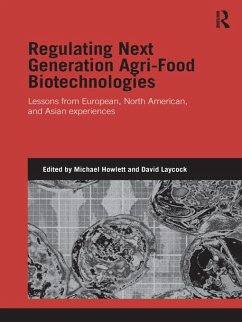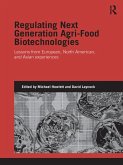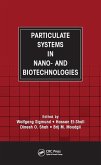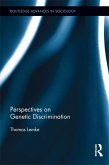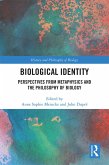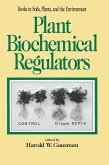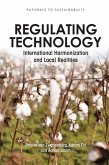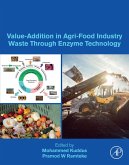Agri-food bio-technology policy and regulation is transitioning from an early period focused on genetic engineering technologies to 'next-generation' rules and regulatory processes linked to challenges originating in a wide variety of new technological processes and applications. Can lessons learned from past and current regulatory oversights of agricultural biotechnology - and other high-technology sectors - help us address new and emerging regulatory challenges in the agri-food genetics sector?The expert contributors in this volume discuss the experiences of a wide range of North American, European and Asian countries with high technology regulation to address four key questions related to the past and future development of agri-food genomics regulation across the globe.how unique is agri-food biotechology regulation, and how can it be evaluated using the existing tools of regulatory analysis developed in examinations of other sectors? is a 'government to governance' model of regulatory regime development found in many other sectors relevant in this rapidly evolving sphere of activity?is a stages model of regulatory regime development accurate? And, if so, at which stage are we currently positioned in the regulation of agri-food genomics products and technologies? what drives movement between stages in different countries and sectors? In assessing such drivers, what are the key links between sectoral (meso) developments and more general macro and micro developments such as international relations and administrative behaviour?By updating, extending and challenging earlier empirical and theoretical social science perspectives on agricultural bio-technological regulation, this volume helps to inform future policy formulation. It will be of interest to practitioners and students of biotechnology, agriculture, and science and technology policy, and regulatory processes more generally.
Dieser Download kann aus rechtlichen Gründen nur mit Rechnungsadresse in A, B, BG, CY, CZ, D, DK, EW, E, FIN, F, GR, HR, H, IRL, I, LT, L, LR, M, NL, PL, P, R, S, SLO, SK ausgeliefert werden.

